
Aigua: Hidden Gem of Uruguay's Countryside
Nestled in the heart of the Maldonado Department, Aigua offers an authentic glimpse into Uruguay's rural charm. This small town is surrounded by picturesque landscapes, including rolling hills, serene rivers, and lush greenery, making it a perfect escape for nature lovers and those seeking tranquility. Aigua is rich in history and culture. The town's architecture reflects its colonial past, with well-preserved buildings and quaint streets that invite leisurely strolls. The local museum provides insights into the area's heritage, showcasing artifacts and stories from bygone eras. Outdoor enthusiasts will find plenty to do in Aigua. The nearby Sierras de Carapé offer excellent hiking trails, with breathtaking views from the peaks. The town is also close to natural hot springs, where visitors can relax and unwind. For those interested in local cuisine, Aigua's restaurants serve delicious traditional dishes, giving you a taste of authentic Uruguayan flavors.
Local tips in Aigua
- Visit the local museum to understand the town's rich heritage.
- Pack comfortable shoes for hiking in the Sierras de Carapé.
- Try the local cuisine at small, family-run restaurants.
- Don't miss the natural hot springs nearby for a relaxing experience.
- Bring a camera to capture the stunning landscapes.
Aigua: Hidden Gem of Uruguay's Countryside
Nestled in the heart of the Maldonado Department, Aigua offers an authentic glimpse into Uruguay's rural charm. This small town is surrounded by picturesque landscapes, including rolling hills, serene rivers, and lush greenery, making it a perfect escape for nature lovers and those seeking tranquility. Aigua is rich in history and culture. The town's architecture reflects its colonial past, with well-preserved buildings and quaint streets that invite leisurely strolls. The local museum provides insights into the area's heritage, showcasing artifacts and stories from bygone eras. Outdoor enthusiasts will find plenty to do in Aigua. The nearby Sierras de Carapé offer excellent hiking trails, with breathtaking views from the peaks. The town is also close to natural hot springs, where visitors can relax and unwind. For those interested in local cuisine, Aigua's restaurants serve delicious traditional dishes, giving you a taste of authentic Uruguayan flavors.
When is the best time to go to Aigua?
Iconic landmarks you can’t miss
The Fingers of Punta del Este
Explore the iconic Fingers of Punta del Este, a monumental sculpture symbolizing the struggle of man against nature along Uruguay's stunning coastline.
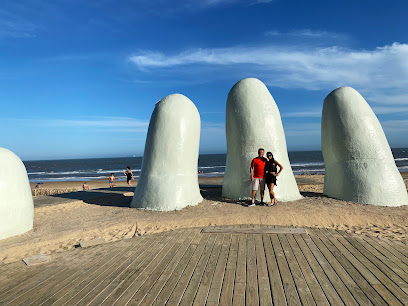
El Jagüel Park
Discover the tranquility of El Jagüel Park, a beautiful oasis in Punta del Este, perfect for relaxation, picnics, and outdoor activities amidst nature.
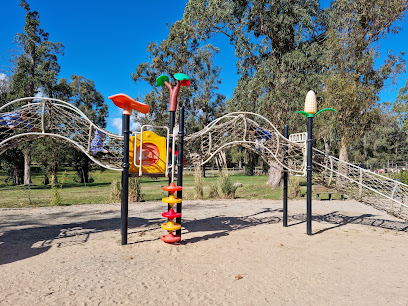
Salto del Penitente
Experience the breathtaking beauty of Salto del Penitente, a stunning waterfall and park in Lavalleja, perfect for nature lovers and adventure seekers.
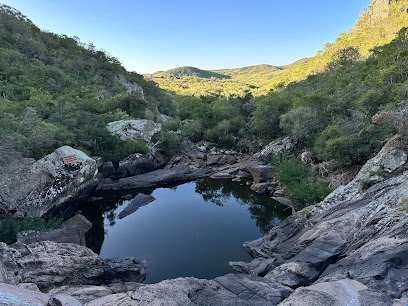
Fortress of Santa Teresa
Discover the historical richness and breathtaking landscapes at the Fortress of Santa Teresa, a must-visit landmark in Uruguay.
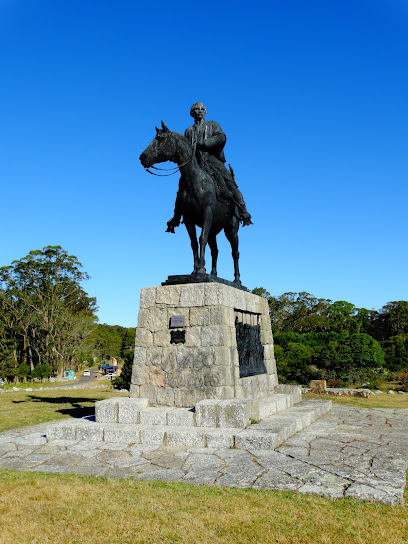
Fundación Pablo Atchugarry
Discover contemporary art and serene landscapes at Fundación Pablo Atchugarry, a cultural hub in the heart of Maldonado, Uruguay.
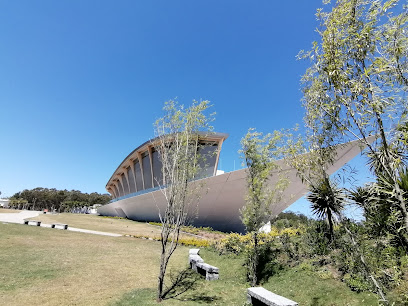
Fuerte San Miguel
Explore the historical charm of Fuerte San Miguel in Rocha, Uruguay, where history and nature converge in a captivating experience.
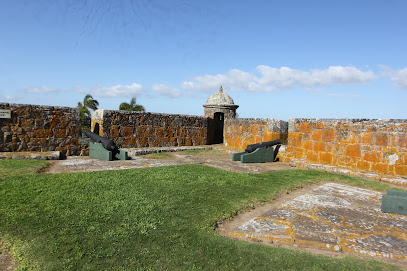
Arch dam. Stewart Vargas
Experience the stunning Stewart Vargas Arch Dam in Villa Serrana, a perfect blend of natural beauty and architectural marvel in Lavalleja, Uruguay.
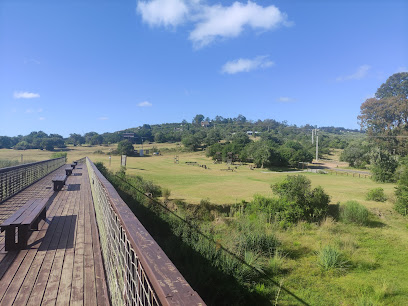
Municipal Grutas De Salamanca Park
Discover the stunning Municipal Grutas De Salamanca Park, a national park in Uruguay with breathtaking caves, adventure sports, and rich biodiversity.
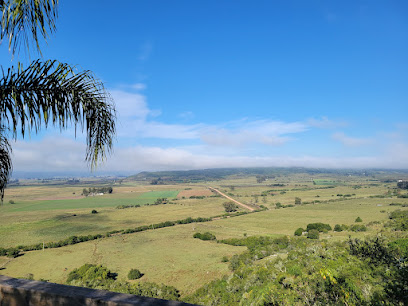
Monumento al Gaucho
Explore the Monumento al Gaucho in Montevideo, a striking monument celebrating Uruguay's gaucho heritage amidst a vibrant urban landscape.
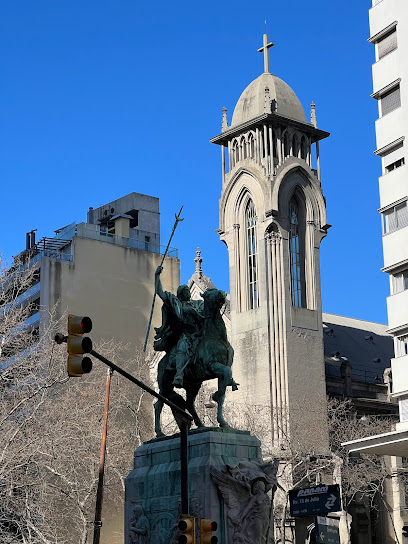
Tao Sierras De Aigua
Explore the natural beauty and serene accommodations at Tao Sierras De Aigua, your perfect getaway in Maldonado, Uruguay.
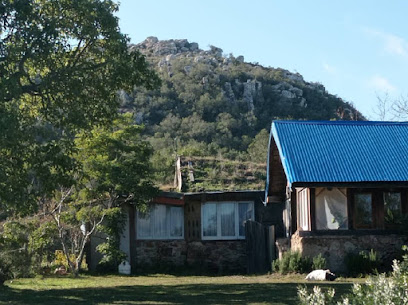
Espacio Tao
Discover Espacio Tao, a serene nature preserve in Uruguay's Maldonado Department, offering farm tours, group accommodations, and breathtaking natural beauty.
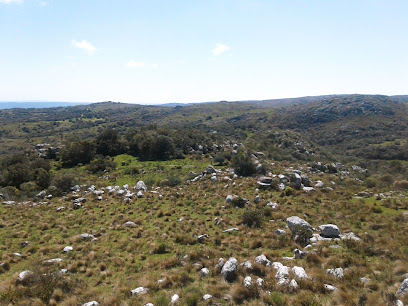
Plaza de Aiguá
Experience the vibrant culture and community spirit at Plaza de Aiguá, the bustling heart of Aiguá, Uruguay, perfect for relaxation and local flavors.

Colinas de Aiguá
Experience the tranquility of Colinas de Aiguá, a serene country house retreat in the beautiful Maldonado Department of Uruguay.
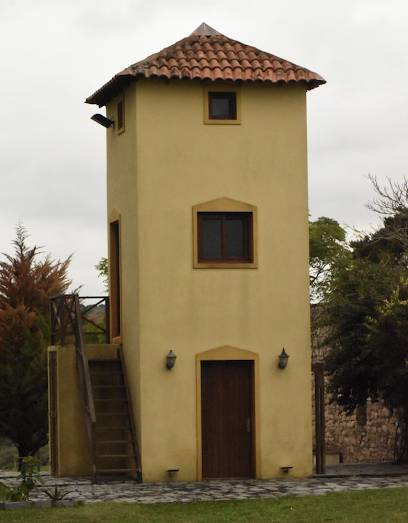
Unmissable attractions to see
Museo del Mar
Explore the captivating Museo del Mar in La Barra, where marine life and maritime history come alive through engaging exhibits and interactive displays.
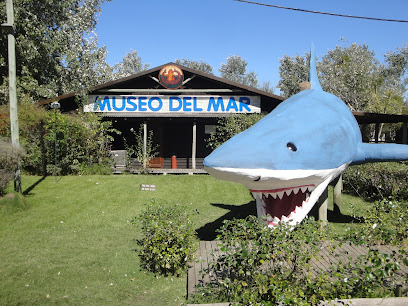
Baño de la India
Discover the therapeutic hot springs of Baño de la India, a natural oasis in Villa Serrana, perfect for relaxation and rejuvenation in Uruguay.
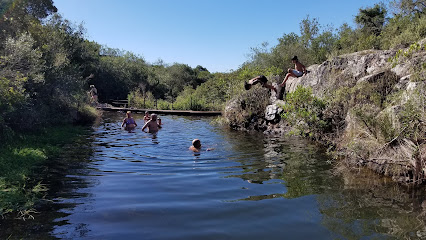
Playa Anaconda
Explore the pristine shores of Playa Anaconda, a serene beach in La Paloma, Uruguay, perfect for relaxation and local cultural experiences.
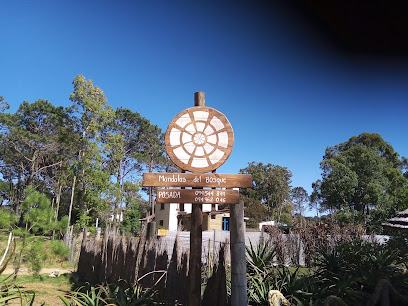
Sendero “Barra de la Laguna”
Explore the natural wonders of Sendero 'Barra de la Laguna' in La Pedrera, a perfect destination for nature enthusiasts and tranquil escapes.
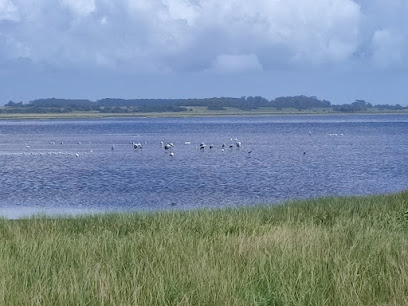
La Riviera
Experience the natural beauty and tranquility of La Riviera, a coastal paradise in Rocha, Uruguay, perfect for relaxation and outdoor adventures.
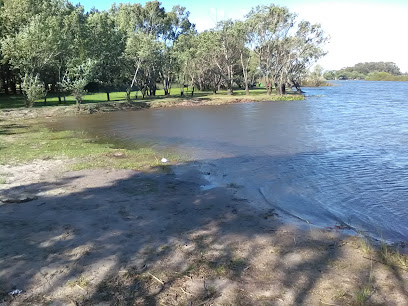
Playa El Cabito
Experience the beauty and tranquility of Playa El Cabito, a hidden coastal paradise in Uruguay perfect for relaxation and adventure.
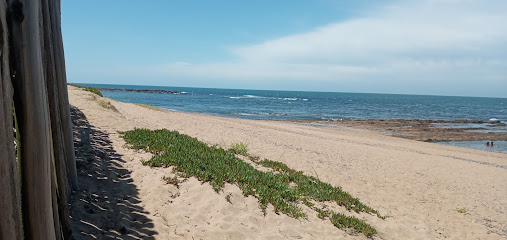
Playa Parada 14
Experience the beauty and vibrancy of Playa Parada 14, a stunning beach in Punta del Este, Uruguay, perfect for relaxation and adventure.
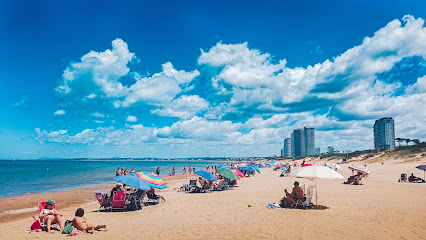
Red Ranch
Explore Red Ranch: a scenic tourist attraction in Maldonado, Uruguay, offering outdoor adventures, stunning landscapes, and a taste of local culture.
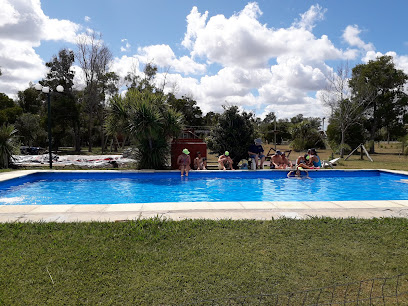
Regional Museum Carolino
Explore the fascinating history and culture of Maldonado at the Regional Museum Carolino in San Carlos, a must-visit for every traveler.
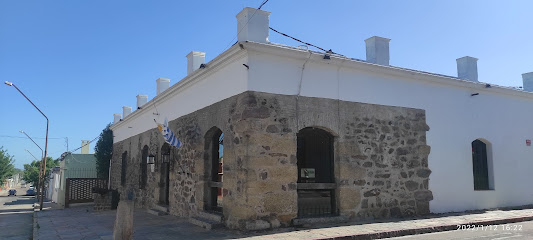
La Fomento
Immerse yourself in the natural beauty of La Fomento State Park, a tranquil escape in Aiguá, Uruguay, perfect for outdoor adventures and family outings.
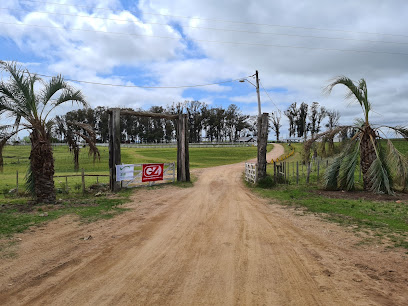
Rincon Indigena, Cascada Escondida
Explore the serenity of Rincon Indigena and Cascada Escondida, a hidden gem in Lavalleja Department, where nature and tranquility await your visit.

Plaza Aigua
Explore the tranquil beauty of Plaza Aigua, a city park in Aiguá, Uruguay, perfect for relaxation, picnics, and community culture.
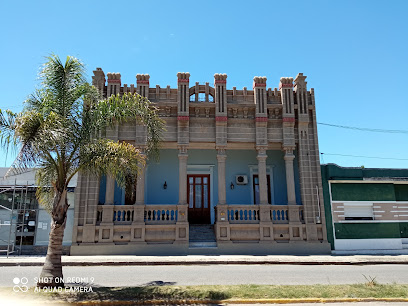
Paso de Perlas
Discover the natural beauty of Paso de Perlas, a serene tourist attraction in Uruguay's Maldonado Department, perfect for nature lovers and adventurers alike.
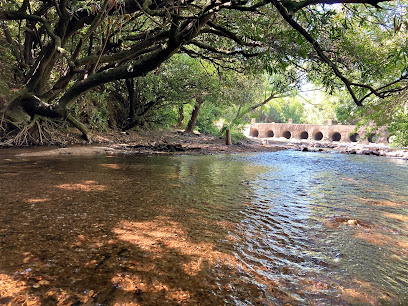
Tao Sierras De Aigua
Discover tranquility and adventure at Tao Sierras De Aigua, a perfect nature retreat in the heart of Maldonado's breathtaking landscapes.
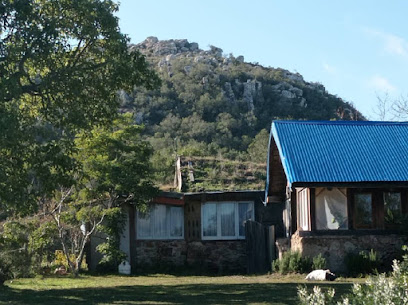
Estatua San Francisco de Asís
Experience serenity at the Estatua San Francisco de Asís, a tranquil tourist attraction in Maldonado, Uruguay, embodying peace and nature.
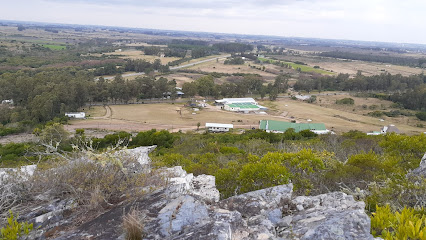
Essential places to dine
Parador Imarangatu
Discover an exquisite dining experience at Parador Imarangatu in Punta del Este, where local flavors meet elegant ambiance.
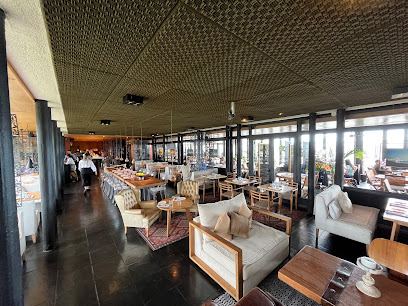
El Paso 18
Discover El Paso 18 in Aiguá – a fast food gem serving delicious bites with local flavors that will satisfy every craving during your travels.
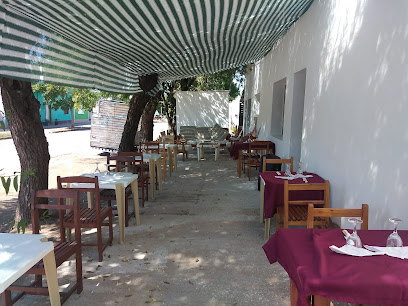
El Brocal
Discover El Brocal in Aiguá - where traditional Uruguayan flavors meet warm hospitality in a cozy setting.
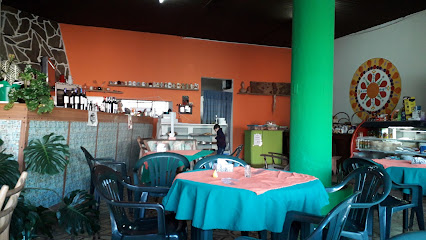
Lo de Nancy
Discover the flavors of Uruguay at Lo de Nancy in Aiguá – where tradition meets culinary excellence in a cozy setting.
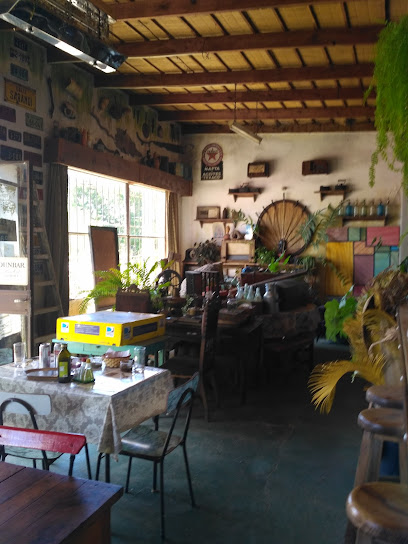
L' Osteria aigua
Experience authentic Italian cuisine in the heart of Aiguá at L' Osteria Aigua – where tradition meets flavor.
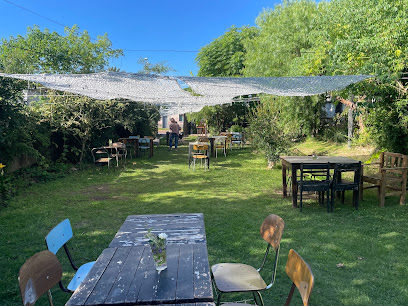
El bodegón de Aiguá
Discover El Bodegón de Aiguá – where authentic Uruguayan cuisine meets warm hospitality in a charming setting.
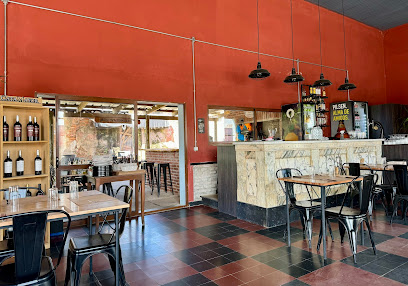
Markets, malls and hidden boutiques
Supermercado El Dorado
Explore the flavors of Aiguá at Supermercado El Dorado, your go-to supermarket for groceries and local products.
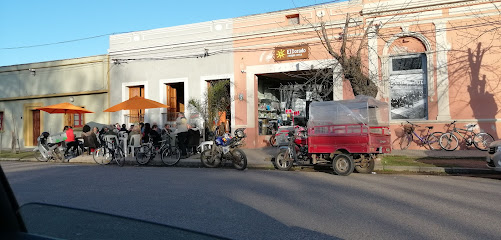
Sabores De Las Sierras
Discover the exquisite flavors of Uruguay at Sabores De Las Sierras, a charming patisserie in Aiguá offering delectable pastries and a warm ambiance.
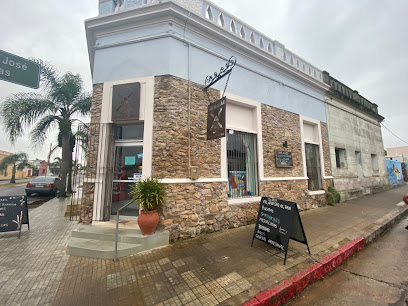
Verduleria La Avenida
Explore the vibrant flavors of Aiguá at Verduleria La Avenida, your go-to greengrocer for fresh local produce and culinary delights.
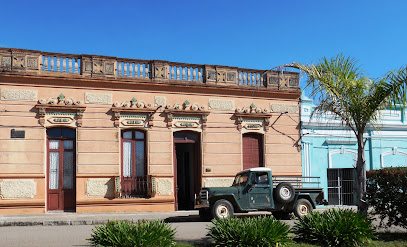
Antel
Explore Aiguá with Antel, your go-to destination for all telecommunications needs in Uruguay's vibrant Maldonado Department.
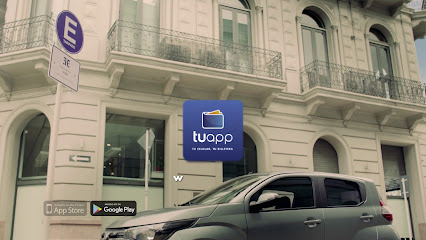
MINIMERCADO Danielito
Discover local flavors and essentials at MINIMERCADO Danielito, Aiguá's go-to supermarket for tourists and locals alike.
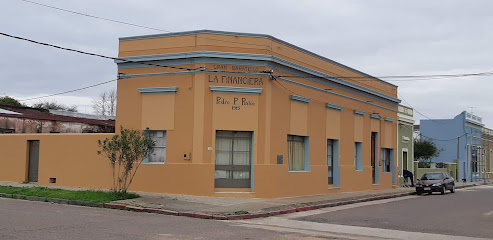
Papelería Aiguá
Discover Papelería Aiguá, a charming stationery store in Aiguá offering a wide range of writing and art supplies perfect for travelers.
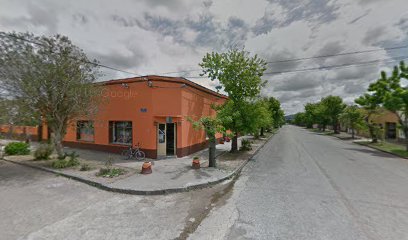
Panaderia
Explore the flavors of Aiguá at Panaderia, a charming supermarket offering local delicacies and everyday essentials in a warm, inviting atmosphere.
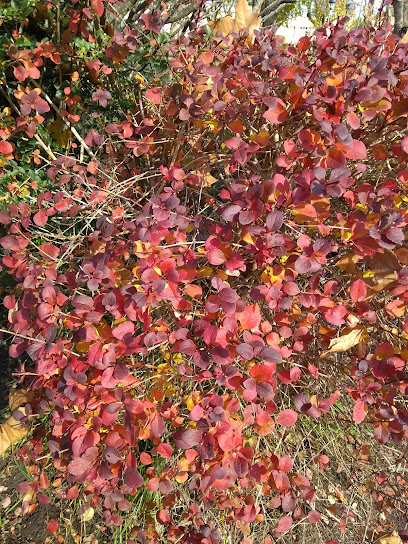
Lo de juanita Almacén
Experience local flavors and warm hospitality at Lo de Juanita Almacén, your go-to supermarket in Aiguá, Maldonado.
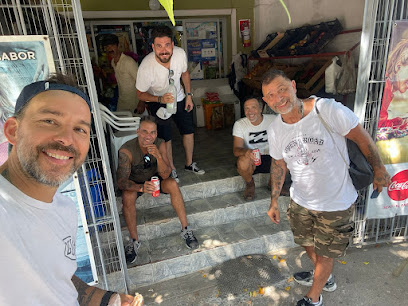
Barraca Andrea
Discover top-quality hardware essentials at Barraca Andrea, Aiguá's trusted hardware store for DIY enthusiasts and professionals alike.
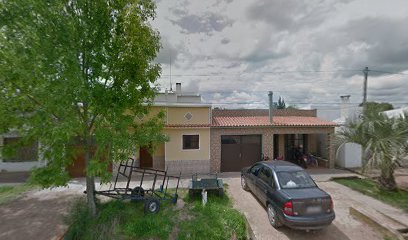
LaTierra-TallerArtesano
Explore LaTierra-TallerArtesano in Aiguá, where artisan crafts come to life, showcasing the beauty of local craftsmanship and rich cultural heritage.
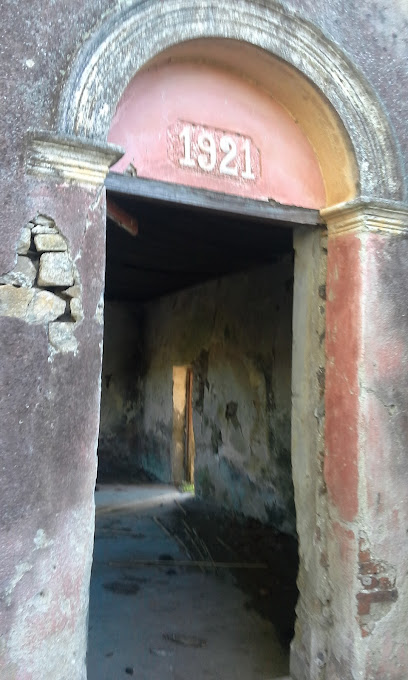
Super Barato Aiguá
Explore Super Barato Aiguá for unbeatable prices and a diverse selection of local products in the heart of Uruguay's charming Aiguá.
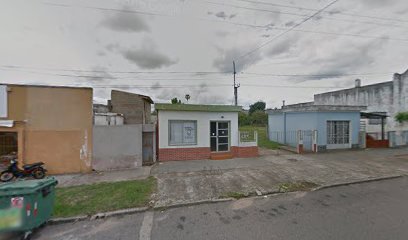
Provisión 5 Esquinas
Explore Provisión 5 Esquinas in Aiguá for a unique shopping experience filled with local Uruguayan products and artisan treasures.
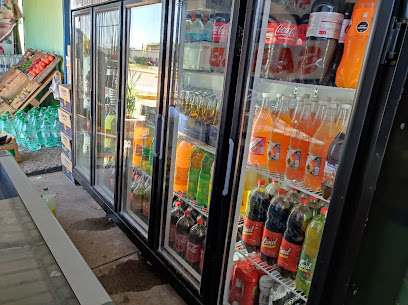
Almacén de LETICIA PÉREZ
Discover the heart of Aiguá at Almacén de LETICIA PÉREZ, your go-to grocery store for local flavors and everyday essentials.
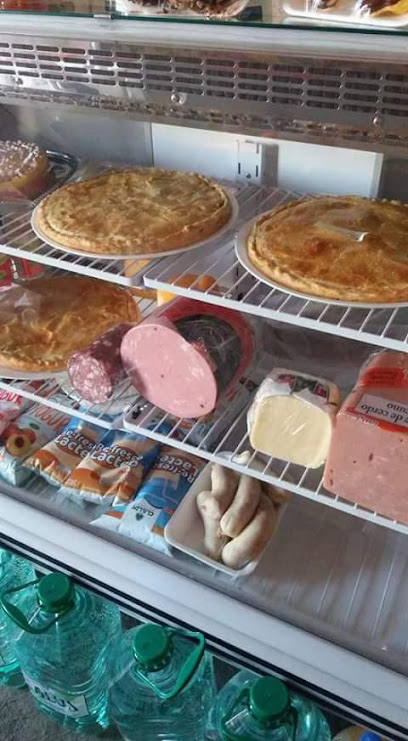
Tramma Bambú
Explore Tramma Bambú, Aiguá's premier underwear store, blending comfort and style with a touch of local craftsmanship.

Panaderia Aigua
Experience the authentic taste of Uruguay at Panaderia Aigua, a charming grocery store and bakery in the heart of Aiguá.
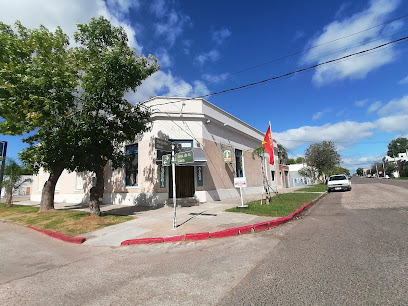
Essential bars & hidden hideouts
Parador Imarangatu
Discover the exquisite flavors and lively atmosphere of Parador Imarangatu, a premier dining destination in Punta del Este, Uruguay.
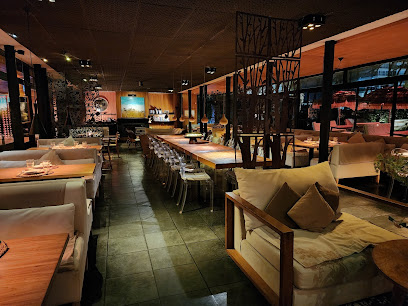
Capi Bar
Experience the vibrant flavors of Capi Bar in Punta del Este, a brewpub offering exquisite craft beers and delicious cuisine in a lively atmosphere.
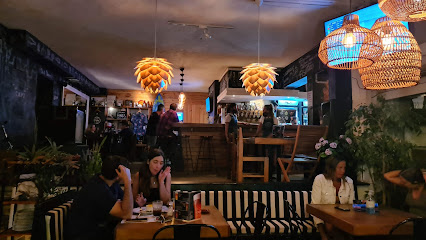
Alligator Bar
Discover the essence of Maldonado's nightlife at Alligator Bar, where lively ambiance meets delightful drinks in a cozy setting.
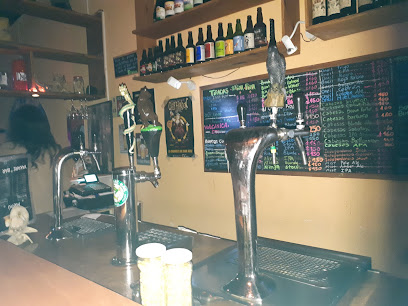
El Paso 18
Discover El Paso 18 in Aiguá: a fast food haven offering delicious meals and a cozy atmosphere for every traveler.
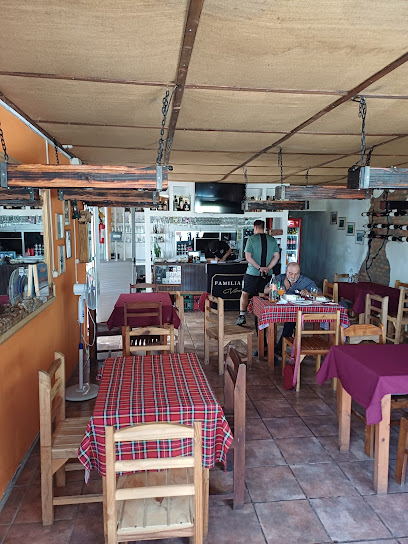
El Brocal
Discover the flavors of Uruguay at El Brocal, a delightful restaurant in Aiguá offering authentic local cuisine in a warm and inviting atmosphere.
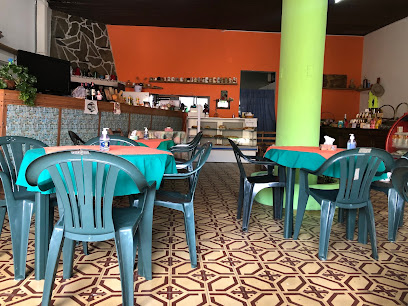
Lo de Nancy
Experience the authentic flavors of Uruguay at Lo de Nancy, a charming restaurant in Aiguá, perfect for food lovers and cultural enthusiasts alike.
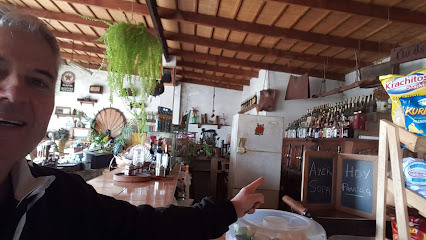
L' Osteria aigua
Experience the authentic flavors of Uruguay at L' Osteria Aigua, where traditional cuisine meets a cozy atmosphere in Aiguá.
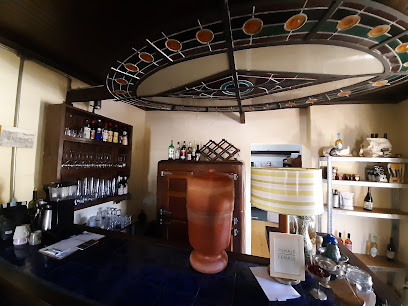
Villla Galicia
Experience the charm of Villa Galicia, a cozy bar in Aiguá offering delightful drinks and a welcoming atmosphere perfect for tourists.
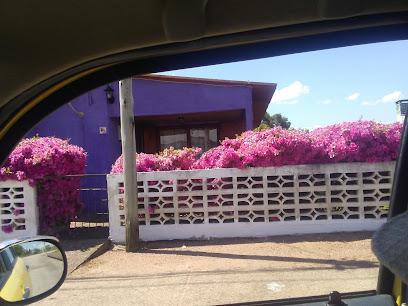
El bodegón de Aiguá
Discover the authentic flavors of Uruguay at El Bodegón de Aiguá, where local gastronomy meets warm hospitality in a charming setting.
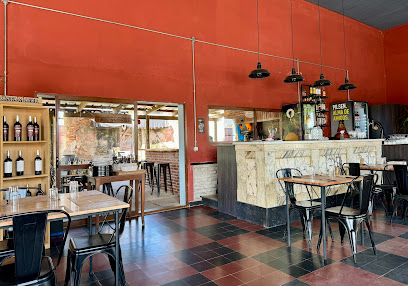
Moli Burger
Discover the flavors of Moli Burger, a premier gastropub in Aiguá, where gourmet burgers meet exceptional service and a cozy atmosphere.
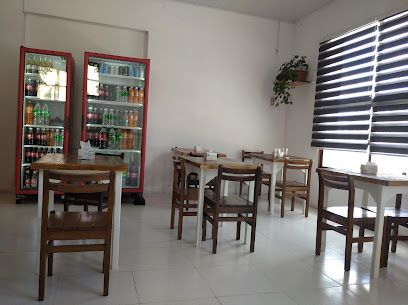
Perla Negra
Discover the vibrant nightlife at Perla Negra, a lively pub in El Tesoro, where great drinks and entertainment await.
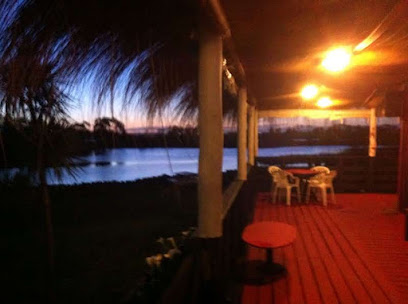
Hawani Bar
Experience the vibrant spirit of Maldonado at Hawani Bar, where refreshing drinks and lively ambiance await.
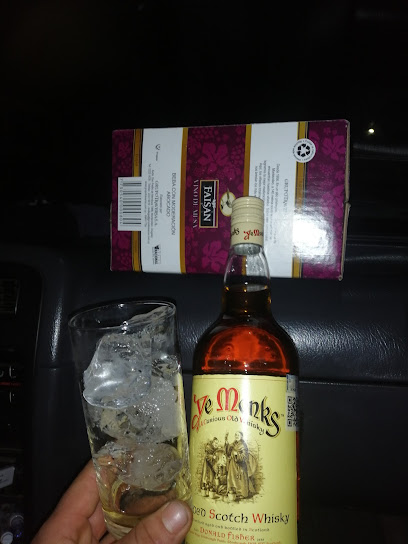
Parador El Quincho
Experience the cozy charm of Parador El Quincho in Maldonado, where local flavors and friendly vibes await every traveler.
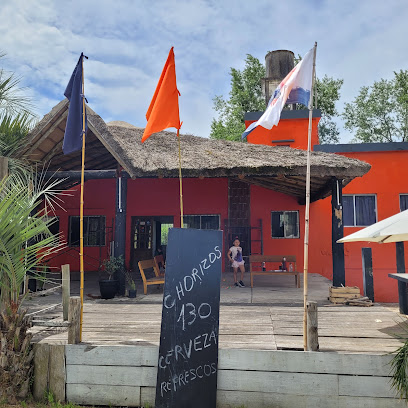
El Fogón Parrilla y Restaurant
Discover the flavors of authentic Uruguayan barbecue at El Fogón Parrilla y Restaurant in Aiguá, where tradition meets taste.
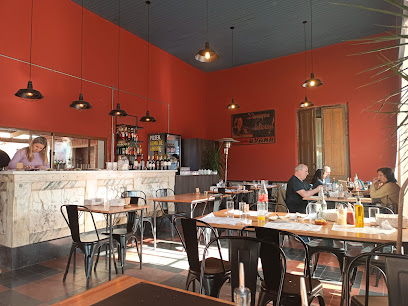
Local Phrases about Aigua
-
- HelloHola
[oh-lah] - GoodbyeAdiós
[ah-dee-ohs] - YesSí
[see] - NoNo
[no] - Please/You're welcomePor favor/De nada
[por fah-vohr/de nah-dah] - Thank youGracias
[grah-see-ahs] - Excuse me/SorryPerdón/Disculpa
[pair-dohn/dees-cool-pah] - How are you?¿Cómo estás?
[koh-moh ehs-tahs] - Fine. And you?Bien. ¿Y tú?
[byen. ee too] - Do you speak English?¿Hablas inglés?
[ah-blahs een-glehs] - I don't understandNo entiendo
[noh ehn-tee-ehn-doh]
- HelloHola
-
- I'd like to see the menu, pleaseMe gustaría ver el menú, por favor
[may goo-stah-ree-ah vehr ehl meh-noo, poor fah-vohr] - I don't eat meatNo como carne
[noh koh-moh kahr-neh] - Cheers!¡Salud!
[sah-lood] - I would like to pay, pleaseQuisiera pagar, por favor
[kee-see-eh-rah pah-gahr, poor fah-vohr]
- I'd like to see the menu, pleaseMe gustaría ver el menú, por favor
-
- Help!¡Ayuda!
[ah-yoo-dah] - Go away!¡Vete!
[veh-teh] - Call the Police!¡Llama a la Policía!
[yah-mah ah lah poh-lee-see-ah] - Call a doctor!¡Llama a un médico!
[yah-mah ah oon meh-dee-koh] - I'm lostEstoy perdido/a
[ehs-toy pair-dee-doh/dah] - I'm illEstoy enfermo/a
[ehs-toy ehn-fehr-moh/dah]
- Help!¡Ayuda!
-
- I'd like to buy...Quisiera comprar...
[kee-see-eh-rah kohm-prahr] - I'm just lookingSólo estoy mirando
[soh-loh ehs-toy mee-rahn-doh] - How much is it?¿Cuánto cuesta?
[kwan-toh kwehs-tah] - That's too expensiveEso es muy caro
[eh-soh ehs moo-ee kah-roh] - Can you lower the price?¿Puedes bajar el precio?
[pweh-dehs bah-har ehl pree-see-oh]
- I'd like to buy...Quisiera comprar...
-
- What time is it?¿Qué hora es?
[keh oh-rah ehs] - It's one o'clockEs la una
[ehs lah oo-nah] - Half past (10)Las diez y media
[lahs d-yehs eem-dee-ah] - MorningMañana
[mah-nyah-nah] - AfternoonTarde
[tahr-deh] - EveningNoche
[noh-cheh] - YesterdayAyer
[ah-yehr] - TodayHoy
[oy] - TomorrowMañana
[mah-nyah-nah] - 1Uno
[oo-noh] - 2Dos
[dohs] - 3Tres
[trehs] - 4Cuatro
[kwah-troh] - 5Cinco
[seen-koh] - 6Seis
[says] - 7Siete
[syeh-teh] - 8Ocho
[oh-choh] - 9Nueve
[nweh-veh] - 10Diez
[dyehs]
- What time is it?¿Qué hora es?
-
- Where's a/the...?¿Dónde está...?
[dohn-deh ehs-tah] - What's the address?¿Cuál es la dirección?
[kwal ehs lah dee-rehk-syohn] - Can you show me (on the map)?¿Puedes mostrarme (en el mapa)?
[pweh-dehs mohs-trar-meh (ehn ehl mah-pah)] - When's the next (bus)?¿Cuándo es el próximo (autobús)?
[kwan-doh ehs ehl prohk-see-moh (ow-toh-boos)] - A ticket (to ....)Un boleto (a ...)
[oon boh-leh-toh (ah ...)]
- Where's a/the...?¿Dónde está...?
History of Aigua
-
Aigua was officially founded on May 24, 1908. The town's name, derived from the indigenous Guarani word 'Aigua,' means 'running water.' This name reflects the abundance of water resources in the region, which has always been a vital element for its inhabitants.
-
In the early 20th century, the construction of the railway was a significant development for Aigua. The railway connected Aigua to other parts of Uruguay, facilitating trade and communication. This connection played a pivotal role in the economic growth and development of the town.
-
Aigua is located in a region that is historically rich in agriculture. The fertile lands have been used for cattle ranching and farming for centuries. The town's economy has traditionally been based on these agricultural activities, which continue to be a cornerstone of its cultural identity.
-
In the late 19th and early 20th centuries, Aigua saw an influx of European immigrants, particularly from Italy and Spain. These immigrants brought with them their customs, traditions, and architectural styles, which have left a lasting imprint on the town's cultural and social fabric.
-
Aigua has experienced several natural disasters, including floods and droughts, over its history. These events have tested the resilience of its inhabitants, who have continually rebuilt and adapted their town. The community's strength and unity in facing these challenges are celebrated aspects of Aigua's history.
-
Aigua hosts several cultural festivals throughout the year, reflecting its rich heritage. These include the annual Carnival, which features traditional music, dance, and parades. Such events are a testament to the town's vibrant culture and the importance of communal celebrations.
-
Aigua is home to several historical sites that have been preserved to maintain the town's heritage. Among these is the old train station, now a cultural center, and various colonial-era buildings. These sites offer a glimpse into the town's past and are integral to its identity.
Aigua Essentials
-
Aigua is located in the Maldonado Department of Uruguay. The nearest major city is Montevideo, which is approximately 200 kilometers away. To reach Aigua, you can take a bus from Montevideo's Tres Cruces Terminal, with several daily departures operated by companies like COT and COPSA. The journey typically takes around 3 to 4 hours. Alternatively, you can rent a car and drive, enjoying the scenic countryside along the way.
-
Aigua is a small town, and most of its attractions can be explored on foot. For longer distances or to visit surrounding areas, taxis are available and relatively inexpensive. Buses also connect Aigua with neighboring towns and cities. For a more flexible option, consider renting a car to explore the region at your own pace.
-
The official currency in Uruguay is the Uruguayan Peso (UYU). Credit cards are widely accepted in hotels, restaurants, and shops, but it is advisable to carry some cash, particularly for smaller establishments and markets. ATMs are available in Aigua, but it is a good idea to withdraw sufficient cash in Montevideo or other major cities before heading to more rural areas.
-
Aigua is generally a safe destination for tourists. However, it is always advisable to take standard precautions. Avoid walking alone at night in unfamiliar areas and keep an eye on your belongings in crowded places. While Aigua does not have specific high-crime areas targeting tourists, it is best to stay vigilant and aware of your surroundings.
-
In case of an emergency, dial 911 for immediate assistance. The local police station and medical facilities are available in Aigua. It is recommended to have travel insurance that covers medical emergencies. For minor health issues, pharmacies in the town offer over-the-counter medications.
-
Fashion: Do dress comfortably and modestly, especially when visiting religious sites. Avoid overly revealing clothing. Religion: Do respect local customs and traditions, especially in places of worship. Public Transport: Do be courteous and offer your seat to elderly passengers. Don't eat or drink on public transport. Greetings: Do greet people with a handshake or a nod. Uruguayans are generally friendly and polite. Eating & Drinking: Do try the local cuisine and accept food offerings graciously. Don't refuse hospitality, as it is considered impolite.
-
To experience Aigua like a local, visit the weekend markets where you can buy fresh produce and traditional Uruguayan goods. Engage with locals, who are typically friendly and eager to share stories about the town's history and culture. Don't miss the chance to explore the nearby Sierras de Carapé for hiking and nature walks. For a unique experience, visit during local festivals to enjoy traditional music, dance, and food.
Trending Landmarks in Aigua
Nearby Cities to Aigua
-
Things To Do in Punta del Este
-
Things To Do in Montevideo
-
Things To Do in Colonia del Sacramento
-
Things To Do in Tacuarembó
-
Things To Do in La Plata
-
Things To Do in Buenos Aires
-
Things To Do in Fray Bentos
-
Things To Do in Mar del Plata
-
Things To Do in Rosario
-
Things To Do in Encarnacion
-
Things To Do in Carmen del Parana
-
Things To Do in Córdoba
-
Things To Do in Florianópolis
-
Things To Do in Villarrica
-
Things To Do in Puerto Iguazú






